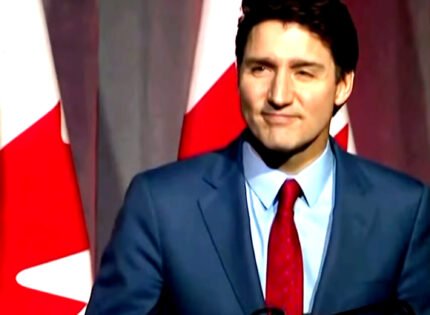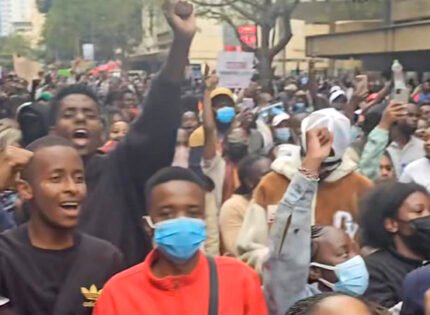CONGO
In the next few days, the world will find out whether it’s possible to stop an outbreak as lethal as Ebola.
On Monday (May 21) Health officials in the Democratic Republic of Congo began administering an experimental Ebola vaccine, as the country battles to contain its ninth outbreak of the hemorrhagic fever.
According to the World Health Organization, 46 people have died from the virus. The outbreak’s epicenter is the equatorial town of Bikoro situated in one of the most remote parts of the country. With very few paved roads and no electricity. The deadly virus has been now been spreading into the city of Mbandaka.
The vaccines are delicate and will be transported to Congo while being kept at a temperature of -76 to -112 degrees Fahrenheit. They have been shipped from Geneva in special containers that can retain that cold temperature for up to six days, and to ensure they remain cold after generators will also be flow in to the town.
The vaccine, which proved highly effective in trials in Guinea and Sierra Leone toward the end of the West Africa epidemic, is considered a trial and therefore is not yet licensed. It is being provided at no charge by pharmaceutical giant Merck, while Gavi, the Vaccine Alliance is providing $1 million toward the deployment of health workers, transport and other support.
In 2003 Mugabe defiantly pulled out of the commonwealth after Zimbabwe was suspended over violent and irregular elections in 2002. Since then the country stood alone with no financial help or investment.
Almost fifteen years later, the Commonwealth confirms that, it received a letter dated May 15 from Zimbabwean President Emmerson Mnangagwa applying to re-join the bloc of former British countries.
Member countries “very much look forward to Zimbabwe’s return when the conditions are right,” said Secretary-General Patricia Scotland in a statement from London.
ZIMBABWE
“Zimbabwe’s eventual return to the Commonwealth, following a successful membership application, would be a momentous occasion, given our shared rich history,” Scotland said.
Scotland confirmed that the Commonwealth would send observers to elections due in July or August, the first polls since Mugabe was ousted in November after a brief military takeover.
Election observers will produce a report that will form part of an informal assessment used to determine Zimbabwe’s re-admission, Scotland said.
SOUTH AFRICA
In an unexampled move over the African continent, South African president, Cyril Ramaphosa had pledged to donate half of his presidential salary toward the Nelson Mandela fund. In a bit to encourage parliamentarians and other members of the public to do more for the underprivileged in the society, Ramaphosa said that the Nelson Mandela foundation will direct the resources to small social projects scattered across the country.
Ramaphosa was speaking in Parliament on Wednesday ahead of the Presidency budget vote. While a wide variety of initiatives were covered and promises made, the pledge to donate his salary received the most commendation.
“In memory of Madiba, in recognition of the great sacrifices he made and his tireless commitment to improving the lives of the most vulnerable, We are looking for people with skills, time and commitment to ‘lend a hand’ to community-based projects.I have decided to contribute half my Presidential salary to a fund to be managed by the Nelson Mandela Foundation. The foundation will direct resources to the many small social projects scattered across the country.”Rampahosa said through the cheers.
The announcement came as the country prepares to commemorate the centenary of two anti-apartheid icons – Nelson Mandela and struggle icon Albertina Sisulu
This fund will be launched on the 18th of July to mark the 100th anniversary of the former president’s birth and will be called the #ThumaMina Fund.














